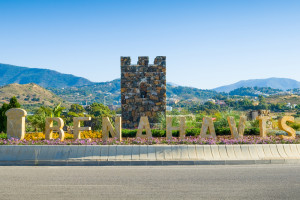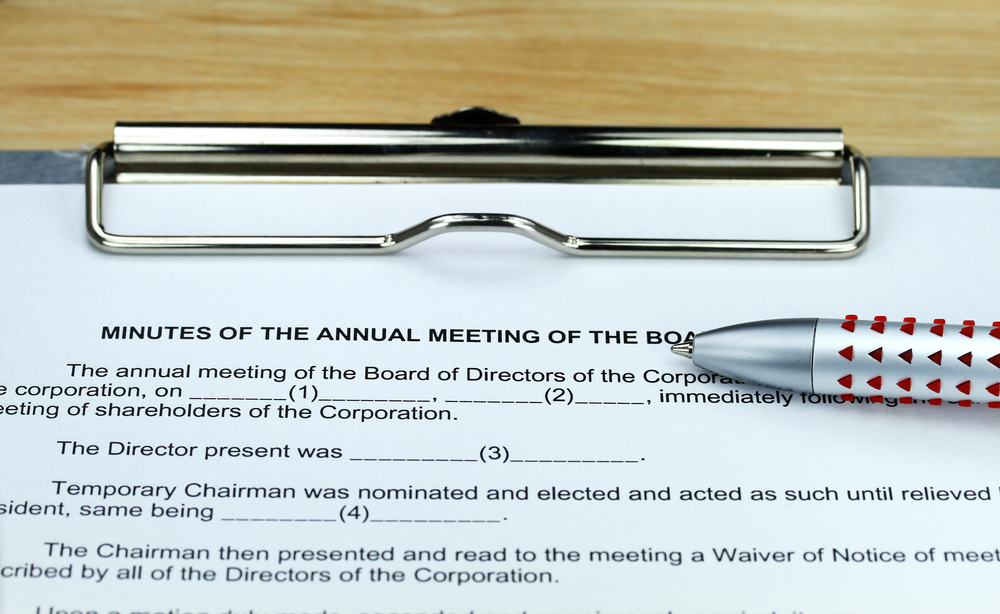Community of Owners to Fine Property Owners
 Some days ago, a worried property owner wrote to us with a query relating to his “Community of Owners”, along with a photo of a resolution recently adopted by the President of the said community, in the municipality of Benahavis.
Some days ago, a worried property owner wrote to us with a query relating to his “Community of Owners”, along with a photo of a resolution recently adopted by the President of the said community, in the municipality of Benahavis.
The text read as follows:
-
The President is then allowed to set fines between €30 and €600, depending on the important and seriousness of the matter, when breaching the above articles, regardless if any damage made has been restored: these amounts will be deposited into the Community’s bank account.
-
Penalties must be notified in writing to the owners committing the infraction, describing the specific infraction and penalty imposed, which will be charged directly to the owner.
-
The HOA (Homes Owners Association) reserves its right to take legal action against owners in violation.
After rubbing my eyes in disbelief, I hastily checked up our main source of legislative updates (www.vlex.es) in case I had missed this implausible new legal change that would give nasty and corrupt Presidents and Administrators jurisdiction to suppress dissidence within the community of owners; there was none of it, thankfully.
So, it the above prerogative lawful? Absolutely not. The Juridical Regime of the Public Administration Act 30/1992 grants the State the monopoly of imposing pecuniary penalties or similar fines, without exception, following a due adversarial administrative procedure. This is not to say that a Community of owners may not, following the appropriate procedure to adopt community resolutions, agree on a fixed surcharge for late payment of fees or even impede non-payers the use of communal elements (pools for instance). But never the prerogative to -arbitrarily- sanction specific conducts by its members.
A congress held in 2010 by an association of community administrators to debate Horizonal Property Law matters resolved that “it is not possible to fine owners for breaching internal regulations, even if this resolution is written into the Statutes or voted by a majority”.
Presidents and Administrators who despite the above insist on coercing owners into paying fines could face criminal action.




 We have been recently approached by a client asking whether sticking ones name on a list of debtors for Community fees is a legal thing to be done by the President or the administrators office.
We have been recently approached by a client asking whether sticking ones name on a list of debtors for Community fees is a legal thing to be done by the President or the administrators office.